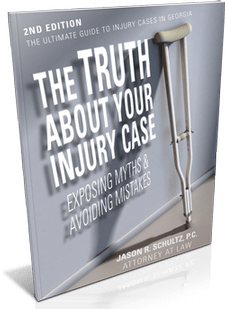Exposure to Carbon Monoxide
Carbon monoxide exposure occurs in these locales.
- A facility with poorly maintained or unvented heating equipment, such as a furnace
- A facility that uses improperly vented natural gas appliances, such as stoves or water heaters
- A garage with running vehicles
- A building fire
- A building where someone is using a charcoal grill indoors
- A building that has a clogged chimney
- Indoors where there are generators or other gas-powered tools running
Exposure to CO can quickly kill and incapacitate victims. Children, adults, and people with certain health conditions are more susceptible to poisoning. If the victims don’t die, they may sustain long-term serious health issues.
Who can be held liable for a carbon monoxide poisoning claim?
Determining liability for carbon monoxide poisoning is somewhat complicated. It depends on why the poisoning occurred and who was legally responsible for that. If another party’s negligence is what caused the incident to occur, then the victims will be able to file a suit or claim against the negligent party to recover damages.
For example, if you were staying at a country lodge, and the owners failed to provide enough ventilation for the generator in the room, you can likely file a premises liability claim against the owners. If the poisoning resulted from a defective CO detector or another type of broken appliance or product, you could file a product liability claim against the manufacturer or installer.
The best way to determine liability is to speak with an injury attorney who handles CO poisoning claims. For a lawyer in Georgia that takes claims of this nature, you are welcome to call the Law Office of Jason R. Schultz to discuss your case. Contact the office today to schedule a free consultation: 404-474-0804.


